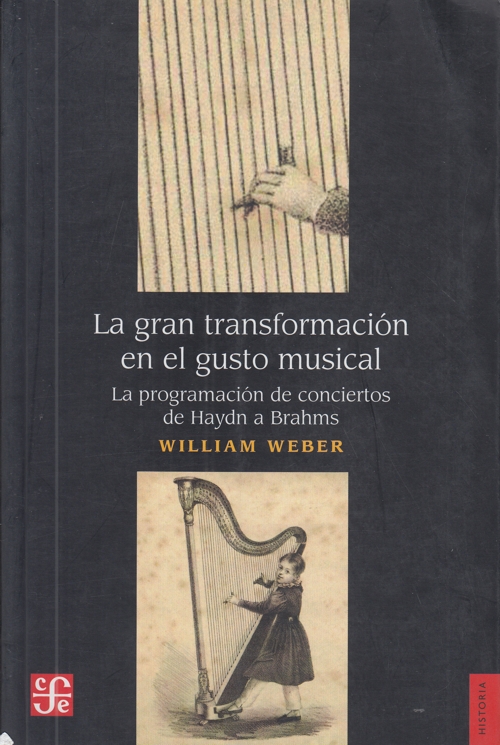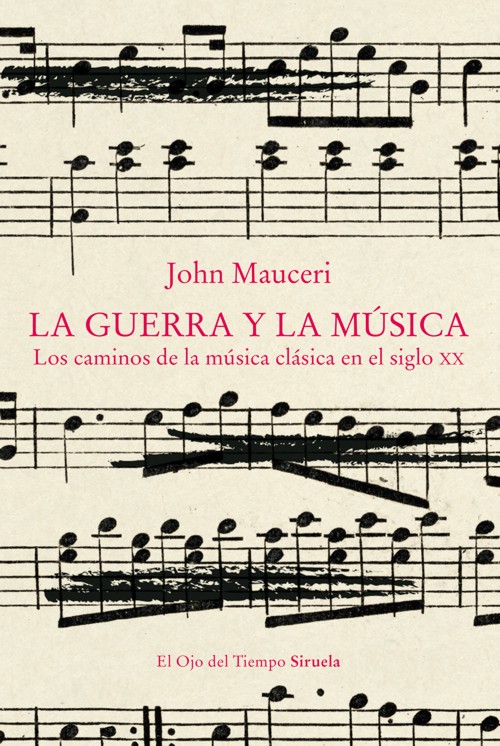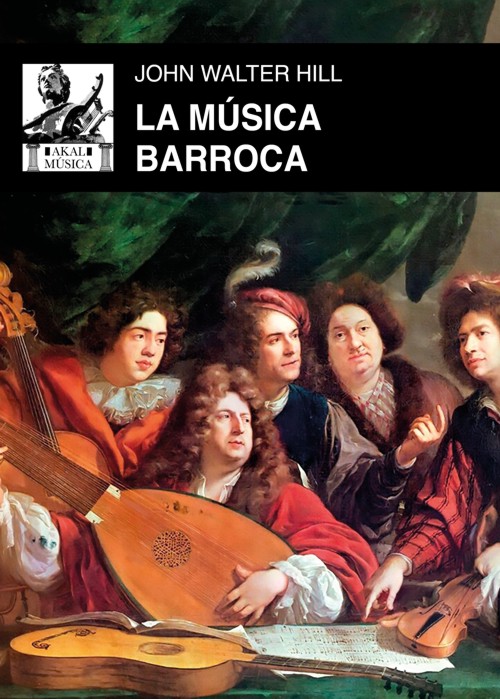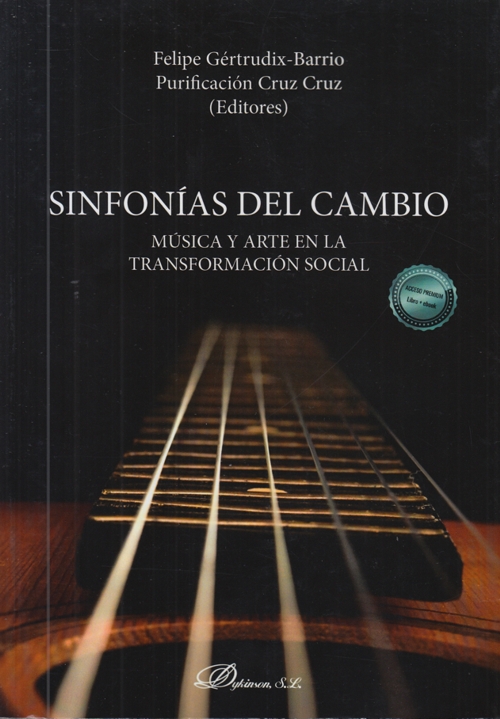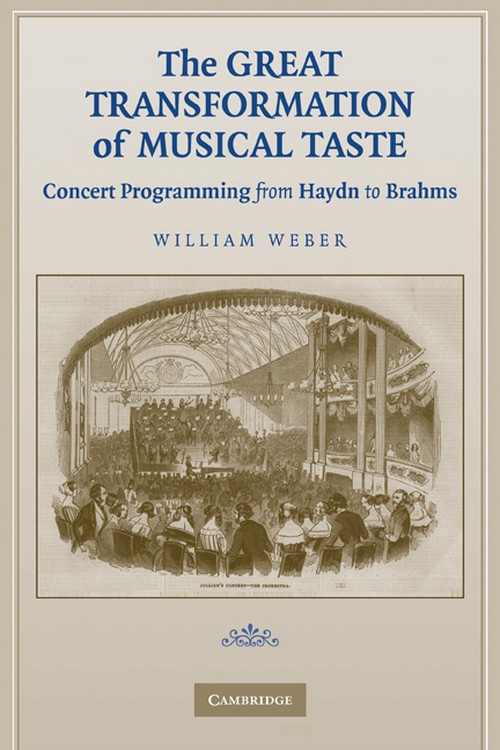
The Great Transformation of Musical Taste: Concert Programming from Haydn to Brahms
Weber, William
Cambridge University Press. 2009Ficha técnica
- EAN: 9780521124232
- ISBN: 978-0-521-12423-2
- Editorial: Cambridge University Press
- Fecha de edición: 2009
- Encuadernación: Rústica
- Dimensiones: 15x23
- Idioma: Inglés
- Nº páginas: 380
Disponible en breve
Sin stock. Si se pide hoy, se estima recibir en la librería el 30/04/24¡GASTOS DE ENVÍO GRATIS!
PVP. 76,20€
Añadir a la Lista de deseos
Grounded in knowledge of thousands of programs, this book examines how musical life in London, Leipzig, Vienna, Boston, and other cities underwent a fundamental transformation in relationship with movements in European politics. William Weber traces how musical taste evolved in European concert programs from 1750 to 1870, as separate worlds arose around classical music and popular songs. In 1780 a typical program accommodated a variety of tastes through a patterned 'miscellany' of genres, held together by diplomatic musicians. This framework began weakening around 1800 as new kinds of music appeared, from string quartets to quadrilles to ballads, which could not easily coexist on the same programs. Utopian ideas and extravagant experiments influenced programming as ideological battles were fought over who should govern musical taste. More than a hundred illustrations or transcriptions of programs enable readers to follow Weber's analysis in detail.
CONTENIDO:
Introduction
Part I. Miscellany and Collegiality, 1750?1800
1. Concepts and contexts
2. Variations on miscellany
Part II. Crisis and Experiment, 1800?1848
3. Musical idealism and the crisis of the old order
4. The rise of the chamber-music concert
5. Convention and experiment in benefit and virtuoso concerts
6. Toward classical-music orchestral concerts
7. Promenade concerts: rise of the 'pops'
Part III. Founding a New Order, 1848?1875
8. Classical music achieves hegemony
9. Vocal music for the general public
10. Epilogue: state of the musical community in 1914.


